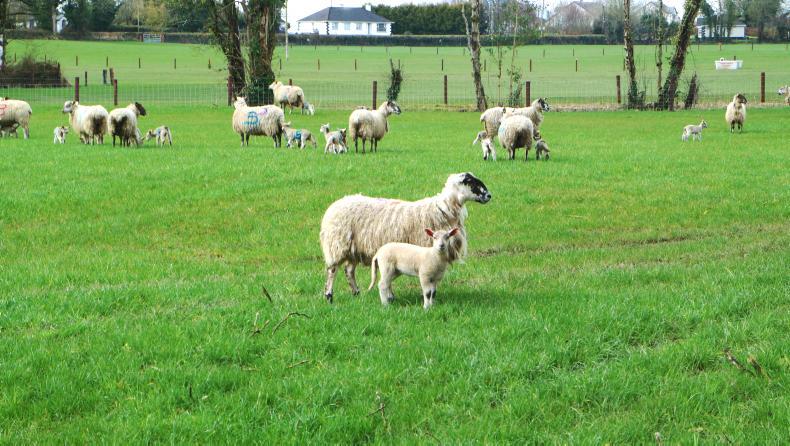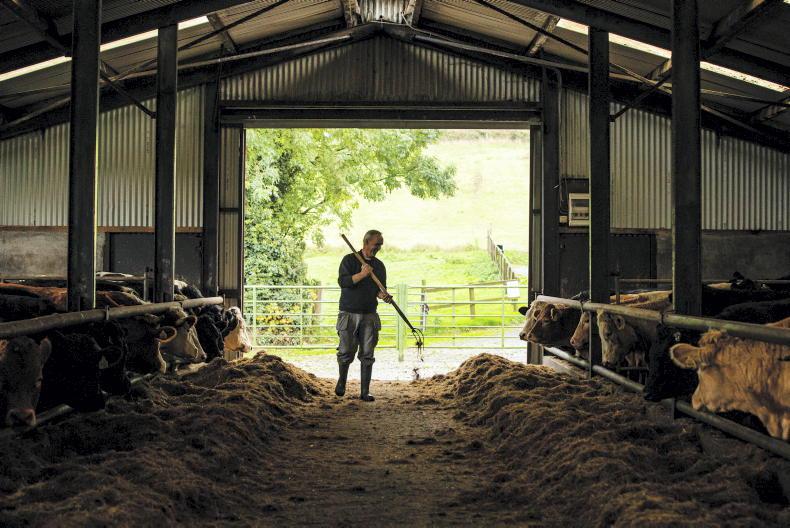We need some radical solutions to increase lamb consumption starting with learning from vegetarian food. We need to study the reasons why in 2017 quorn sales reported a record growth of £19m. Farmers need to set their sights on similar targets and there is no better place to start than the lamb sector.
This year, quorn will spend a record £14m on promotion across the UK, and anyone switching on the TV around teatime will have seen their adverts plugging their fungus-based food. The exciting bit is that this number is not beyond the reach of the sheep sector. Currently, sheep have a levy of 80p, split between processor and farmer. If this were to rise to £1 that would bring a total UK collection of over £14m, since we killed 13.22m lambs and 1.57 ewes and tups in 2017. Raising the levy would be unpopular but if it was sold on a genuinely massive public campaign, most farmers could swallow it. Also, we could look at a more dynamic approach running on a percentage to allow a greater cut when prices are high, as they were this Easter.
We will need some sensible collaboration between all of the UK levy bodies as to get scale any campaign would need to run on a UK level.
I appreciate if the levy pays for more than just TV adverts, some additional support might be needed, perhaps from retailers contributing. They are always keen to be associated with our strong British farming brand. An even more radical solution could be asking New Zealand to contribute. We don’t need to mention where the lamb is from, let’s just focus on the first step of just getting people to pick it up off the shelf. I recognise in the middle of Brexit tariff negotiations with New Zealand might make them too uncomfortable a bedfellow but once the quotas are agreed, then there is an argument to get them on board. Remember, a quorn advert helps to sell an own-brand vegan sausage so a lamb advert would help all producers.
Finally, just think how easy it might all be, if a Philippine-owned company can convince millions of consumers to eat food made from a soil mould. It will be a cinch getting delicious lamb to fly off the shelves.
Kepak making a comeback?
The talk in the meat industry is that Kepak is in talks on a union with Two Sisters, which owns the McIntosh Donald plant in Portlethen. As with most rumours in the meat trade, when asked directly Kepak had nothing to say.
However, many in the trade think it is a done deal. The Irish meat company used to own the Turriff plant and currently has no operations in the UK. Along with the Aberdeen plant, Two Sisters has two factories in Cornwall and one in Wales which operates under the St Merryn Foods brand.








SHARING OPTIONS